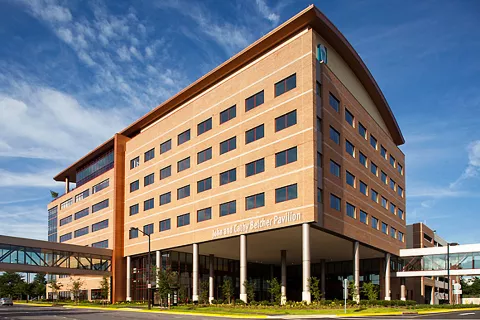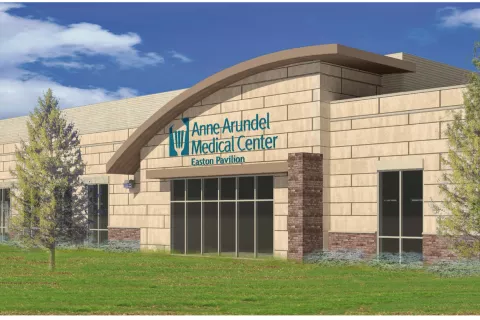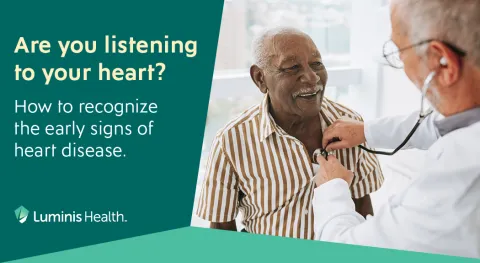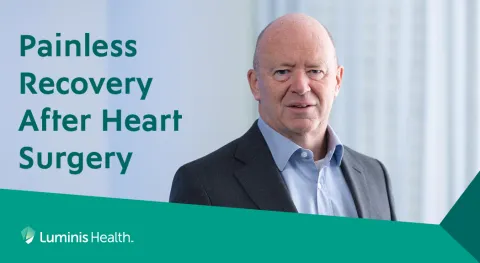Coronary artery disease can start when you're young. Over time, your coronary arteries may become blocked, leading to a heart attack.
It's the leading cause of death in the U.S., but with proper care it's often preventable.
What Is Coronary Artery Disease?
Coronary artery disease (also called coronary heart disease) is the most common form of heart disease. It happens when your heart's main arteries become blocked with fatty, waxy deposits called plaque. The plaque prevents adequate blood and oxygen from reaching your heart.
We offer unparalleled heart care thanks to a team of dedicated specialists and the most advanced technology for diagnosing and treating coronary artery disease.





